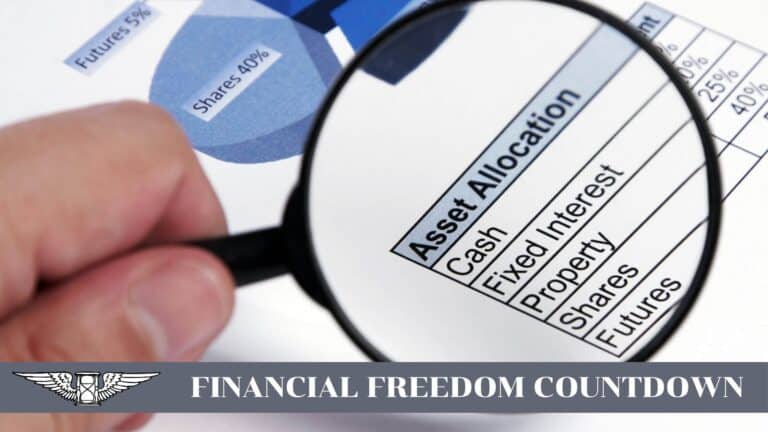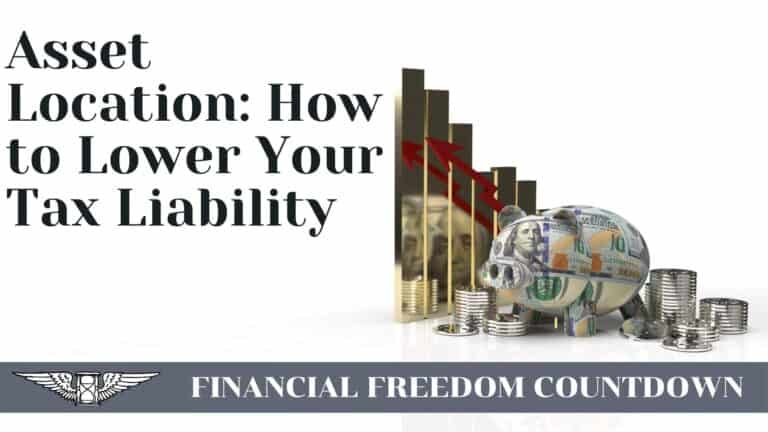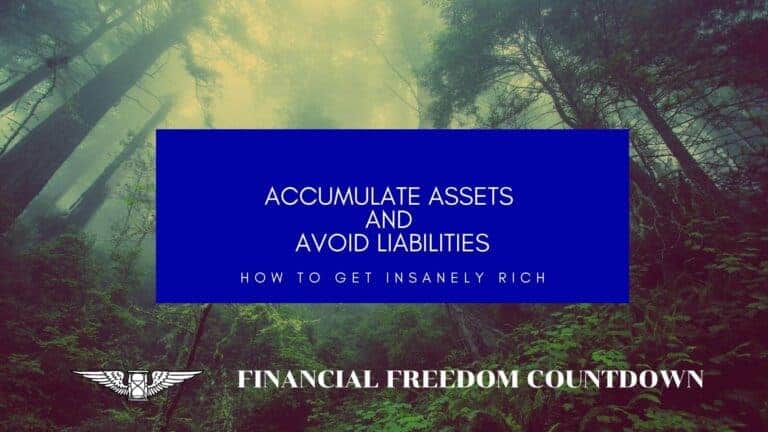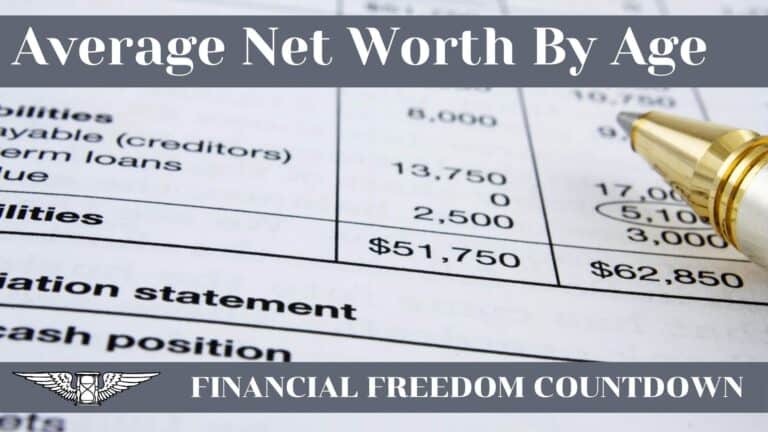What Is A Triple Net Lease Or NNN Lease
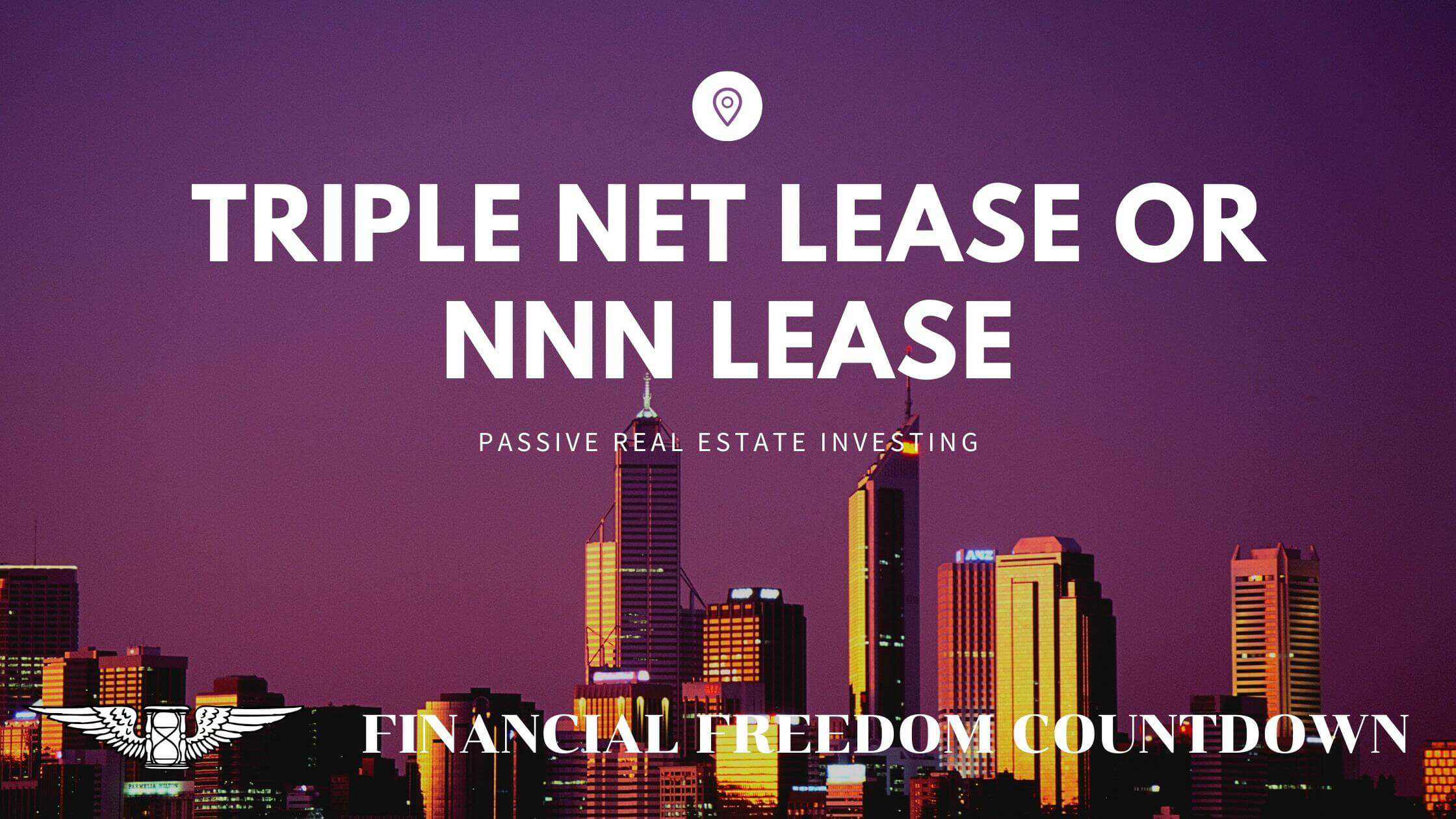
Real estate investors are always looking for new ways to increase their portfolio’s income. After all, real estate ranks high among the list of best assets to own.
However, many investors get burnt out with real estate after realizing it is not totally passive income as they had hoped. It is true, especially since many investors get started investing in real estate with little or no money down and continue with the same strategy.
After all, if one is good at analyzing a rental property, it feels comfortable to continue gravitating towards similar properties. Many commercial landlords are unaware of a NNN or triple net lease’s potential benefits.
There are several real estate investment risks so one should have an appropriate risk mitigation plan in place. Triple net leases are long-term leases with reasonable returns and have low risk. Many investors find them ideal when they want 100% passive income from real estate. Let us explore how a triple net lease can be attractive to landlords and tenants and how you can invest.
What Is A Triple Net Lease (NNN)?
A triple net lease, also known as an NNN lease, is a lease agreement in which the tenant is responsible for all the ongoing expenses of the property, including property taxes, insurance, maintenance costs, and paying the rent and utilities associated with the property. This type of lease can be attractive to both landlords and tenants.
A triple net lease is popular in commercial real estate, where landlords desire a steady, predictable source of income, and it shifts some of the risk from the landlord to the tenant. The benefit of a triple net lease to the landlord is that the tenant is now responsible for all costs of maintaining the property. Furthermore, the tenant is responsible for all taxes on the property.
NNN agreements can also be ideal for tenants as they can customize the space to look more like their brand and meet their company’s needs better. Consumers often are given the idea that the company owns the property, which can be great for building customer trust.
How Does An NNN Lease Differ From Other Types of Commercial Real Estate Leases?
Suppose you wonder about the difference between single, double, and triple net leases. In that case, you have to understand that several costs are associated with any commercial property, such as taxes, insurance, maintenance, and utility expenditures. Based on who is responsible for the various operating expenses between the tenant (lessee) and the owner (lessor), there are several types of commercial leases.
Gross Lease Or Gross Rental
The most common commercial real estate is a gross rental, sometimes called a full-service rental. With these rentals, the tenant pays a flat fee to the landlord. Then, the landlord pays for everything else, although the tenant may still be responsible for their utility bills. These commercial rentals act similar to an apartment lease where you rent the space, and the landlord is responsible for maintaining the property. The landlord pays for the property maintenance, insurance, and taxes.
Single Net Lease
Under a single-net lease, the tenant is responsible for the property tax.
Double Net Lease
In a double net lease, the tenant pays the property taxes and the property insurance. In most cases, the landlord pays the taxes and the insurance. Then, they charge the tenant as if the entire space is rented to the same company. In cases where there are multiple tenants, the landlord usually divides the property insurance up by square footage, with each tenant paying their fair share.
Triple Net Lease
In triple-net leases, the tenant pays real estate taxes, insurance, and upkeep. In exchange for shifting the responsibility to the tenant, landlords often get a lower base rent.
Percentage Leases
Percentage leases are more challenging to set up, but they are frequent in shopping centers and strip malls. You can calculate the lease amount in several ways, such as a percentage of gross sales, monthly rent plus a percentage of gross sales, fixed rent plus tiered sales percentage, etc.
What Are the Pros and Cons Of A NNN Lease For The Landlord?
Pros
Passive
The main pro of the triple net lease investment is that it is entirely passive.
Long Contract Lengths
NNNs usually have long contract lengths. Most are for a minimum of 10 years, and some for 20 years. Therefore, there is no constant turnover of tenants, which means that landlords collect rent monthly.
Stable Tenants
Large companies with good credit often sign these commercial leases. It is not unusual for the business to stay in the same place with the same landlord for many years. You also have the advantage of working with professionals interested in how your building looks because it leaves an impression on their customers.
Ease of Sale
If you get tired of collecting the rent or it no longer makes sense in your investment portfolio, then you can sell the building. It is far easier to sell a building with a reliable tenant than one sitting empty.
No Surprise Costs
Any real estate investor knows the importance of reserves. Unexpected expenses often crop up related to maintenance, and the owner needs to have the funds accessible for operating expenses. A large portion of your liquid net worth could be tied up as unproductive cash waiting for an emergency. With the NNN lease, you never have to worry about the cost of labor skyrocketing for maintenance or the city passing crazy tax laws or higher insurance rates. Owning a building with an NNN can be a huge advantage because your tenant is responsible for all the operating expenses.
Equity Builder
These leases are ideal for investors looking to build up equity over a long time. They know that the tenant will take better care of the property because it will reflect on their business for ten or more years. Meanwhile, the value of the property is growing.
Therefore, if the investor decides to sell at the end of the lease term, they can usually get more money.
Bond Like Returns
The fixed income provided by the NNN lease without any associated expenses is similar to the stable returns of a bond. Of course, the returns are not guaranteed like the Treasury issued I-Bonds. Still, the tenants who sign the NNN lease are companies with excellent financials and credit ratings published by major credit agencies like Standard & Poor’s, Moody’s, or Dun & Bradstreet.
You can use value add real estate strategies to create additional income streams.
Tax Advantages
Although triple net lease functions as a bond in your portfolio, you still obtain all the tax advantages of real estate such as 1031 exchanges, property depreciation, etc.
Cons
Lower ROI
A triple net lease usually is at a lower monthly rate compared to a gross lease. Some property owners do not generate enough cash flow on this type of investment to justify having their money tied up. These commercial leases are usually best for those looking to generate passive income.
Damaged Property
Since the tenant is responsible for maintenance, the owner could have a lot of deferred maintenance or shoddy work. Under a triple net lease, the tenant may not report damage to the property to avoid paying for those expenses leaving the building deteriorated.
What are the Pros and Cons Of A NNN Lease For The Tenant?
Pros
Customized Layout
Many of these leases are negotiated so that you can change the building’s layout to accommodate your business needs. The tenant does not have to fight with a landlord to make minor changes to the property to showcase their brand better. Additionally, they know that the property is being taken care of because they are responsible for its upkeep.
Rent Predictability
Although the tenants are responsible for the expenses associated with the property, such as taxes, insurance, maintenance, and utility costs, they have greater predictability on the rent. It is easier to forecast the rent expenses over a more extended period.
Cons
Locked Into A Location
Tenants have to sign long-term leases. Therefore, tenants do not have flexibility if a neighborhood goes downhill or if market conditions change. Exit clauses could be baked into the triple net lease, but it might drive up the rental cost.
Unsuitable For Smaller Firms
Some tenants, especially smaller companies and startups, may find that they are better off with the set rates of gross contracts. If labor costs go up or tenants need to complete an unexpected property repair, there are no surprises.
Misaligned Interest On Taxes
Commercial establishments are easy targets for cities to raise property taxes. Usually, the landlords would lobby the city council or chamber of commerce for tax relief, but in a NNN lease, since the tenant bears all the cost, the owner might not bother resulting in massive tax increases.
How Do You Calculate A Triple Net Lease?
A triple net lease calculation is more straightforward if you have a single tenant because the tenant is responsible for taxes, insurance, maintenance, and utilities as part of the lease.
In a multi-tenant building, the owner calculates the NNN by figuring the different Ns. One N stands for property taxes, another N for property insurance, and the final N for common area maintenance. Shared area maintenance often includes landscaping, parking lot maintenance, restrooms, and lobbies. In some cases, water is included in the typical area maintenance fee. It may also include a property management fee. At the end of the year, shared area maintenance fees are lumped together, and tenants are either given a refund or required to pay extra money based on the actual cost of these items.
Triple Net Lease Calculation Example
Assume that Company W wants to lease a 1,200 square foot warehouse with a base rent is $20 per sq ft and a NNN fee of $5 per sq ft.
Therefore Company W would owe $24,000 base rent per year and a $6,000 triple net fee of $6,000 annually.
So total annual rent would be $30,000 per year.
Is A Triple Net Lease A Good Idea?
A triple let lease can be a good idea for tenants and landlords. The tenant receives more control over how the property looks and helps them know what their essential rental cost will be long term. It can help companies build stability, which can be crucial in getting operating capital from investors or banks. Tenants who can handle emergency expenses as they arise should look at these NNN agreements.
Investors looking for long-term passive income will want to consider NNN contracts. However, keep in mind that it can be difficult to adjust these contracts if market rates in a particular area rise. The great news is that the tenant is locked into a price if the region begins to go downhill.
Landlords can also count on the security of having their properties rented continually for many years. The disadvantage is that they give up some rights to their properties because these leases sometimes have clauses allowing a tenant to lease their space to another tenant, also known as sub-lease.
When evaluating current tenants, keep in mind if you are dealing with a national organization or a franchisee. It is better to deal with the national organization because the local business owner may not have the funds to cover their lease if their business is unsuccessful. The national organization will see that you are paid in most cases.
Can You Negotiate A Triple Net Lease?
Yes, you can negotiate many types of things into an NNN lease. Therefore, working with an experienced real estate attorney is a great idea. Some items include:
- Discounted rent – Tenants may ask to pay a discounted base rent, often enough to cover some or all of the taxes, insurance, and upkeep.
- Rent abatement – The tenant does not pay the base rent for a portion of the lease, but he pays the taxes, insurance, and upkeep.
- Tenant improvement allowance – This requires the landlord to give money to the tenant or a contractor to improve the property as soon as the tenant signs the lease.
- Annual rent increase- The landlord and the tenant must agree on how much the rent will increase annually.
- Lease extensions – Tenants, will sometimes want to know the terms for extending a lease before signing the initial lease.
- Signage rights- The lease term covers who owns the rights to put signs on the outside of the building and in the parking lot.
- Parking – The type of parking and how long a vehicle can stay parked can be part of the lease.
What Is The Landlord Responsible For In A Triple Net Lease?
The landlord is only responsible for collecting the rent with a triple net lease. Since big companies usually sign these contracts, there are usually few problems.
However, in buildings where multiple tenants share the same space, the landlord is often responsible for common areas, such as lobbies, hallways, and restrooms. In some cases, they may also be accountable for some utilities, like the water. In these cases, the landlord is also responsible for good recordkeeping so that the expenses can be evenly divided.
How Can You Invest In NNN Leases?
There are many different variables to consider when looking at the value of these leases, including tenant, location, the term remaining on the lease, landlord responsibilities, and year of construction. Therefore, it is vital to work with experienced professionals such as licensed commercial real estate brokers, tax professionals, and qualified real estate attorneys.
Keep in mind that you must consider the individual circumstances of each investment opportunity. For example, buildings, where the tenants are national corporations come with a lower risk than those owned by franchisees. You will also want to consider the credit rating of each tenant when comparing properties. You will want to do due diligence on the tenants and the properties.
Unless you already have the money tucked away to buy these properties, you will need an expert who can travel nationwide with you to examine properties. It would help if you also ensured that the amount they will charge you for their services and the loan is less than the amount you will make on your investment.
Alternatively, you can work with the buyer’s advisor. These professionals locate the best deals for you. Then, they give you their professional advice on if it is a good deal. In some cases, they can even put two or more investors together to form an investment group so that you are not carrying all the risk by yourself. After finding the perfect properties, they can handle all the closing and lease negotiations.
Alternatives To Triple Net Leases
Equity real estate crowdfunding or real estate notes provide most of the benefits of NNN lease with their passive, diversified nature, professional management, and tax benefits. However there are differences between owning the real estate versus investing in it.
Final Thoughts On Triple Net Leases
Triple net leases are a great passive investment opportunity for real estate. If you’re looking into investing in triple net leases, you must work with an experienced professional who knows commercial real estate transactions. It’s also wise to do due diligence on each property before making any investments so that you don’t end up losing your hard-earned money!
Readers, have you looked into triple net leases and considered creative ways to invest in real estate?

John Dealbreuin came from a third world country to the US with only $1,000 not knowing anyone; guided by an immigrant dream. In 12 years, he achieved his retirement number.
He started Financial Freedom Countdown to help everyone think differently about their financial challenges and live their best lives. John resides in the San Francisco Bay Area enjoying nature trails and weight training.
Here are his recommended tools
M1 Finance: John compared M1 Finance against Vanguard, Schwab, Fidelity, Wealthfront and Betterment to find the perfect investment platform. He uses it due to zero fees, very low minimums, automated investment with automatic rebalancing. The pre-built asset allocations and fractional shares helps one get started right away.
Personal Capital: This is a free tool John uses to track his net worth on a regular basis and as a retirement planner. It also alerts him wrt hidden fees and has a budget tracker included.
Streitwise is available for accredited and non-accredited investors. They have one of the lowest fees and high “skin in the game,” with over $5M of capital invested by founders in the deals. It is also open to foreign/non-USA investor. Minimum investment is $5,000.
Platforms like Yieldstreet provide investment options in art, legal, structured notes, venture capital, etc. They also have fixed-income portfolios spread across multiple asset classes with a single investment with low minimums of $10,000.

